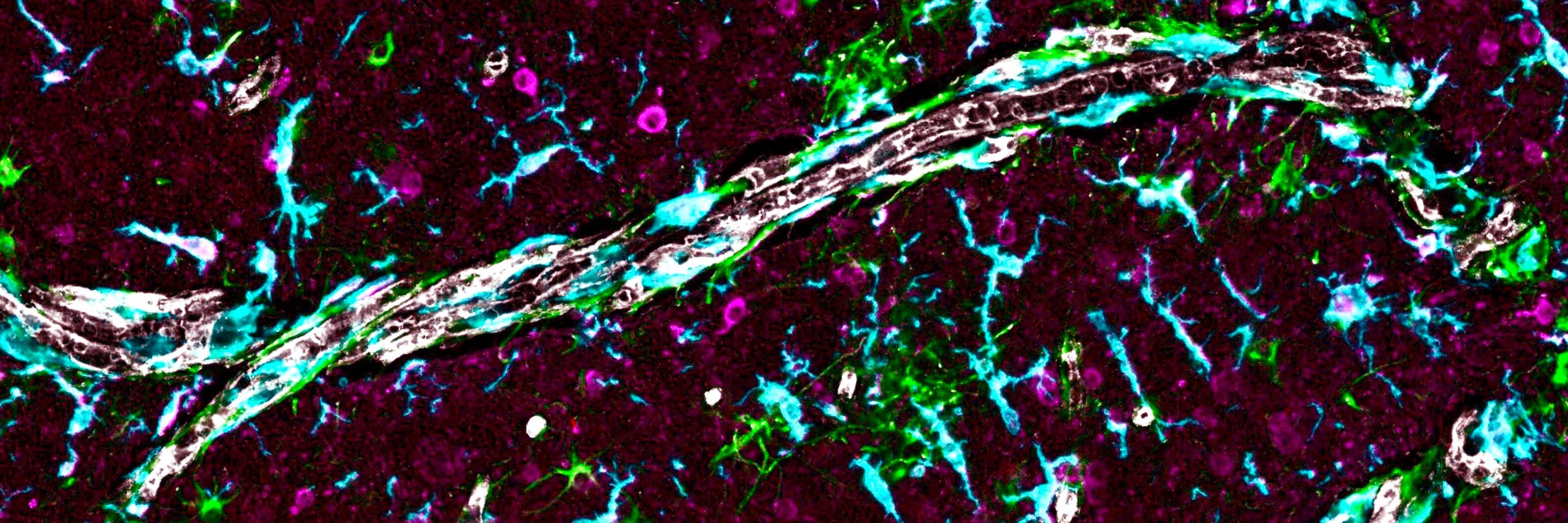

Tenure-track faculty position in traumatic brain injury (TBI) or spinal cord injury (SCI) research. Expertise in metabolism and mechanistic or translational aspects of neurotrauma are encouraged to apply.
Link to apply: ukjobs.uky.edu/postings/609...
@ukresearch.bsky.social @neurosciencerpa.bsky.social @macauleylab.bsky.social




@ukresearch.bsky.social @neurosciencerpa.bsky.social @macauleylab.bsky.social
Tenure-track faculty position in traumatic brain injury (TBI) or spinal cord injury (SCI) research. Expertise in metabolism and mechanistic or translational aspects of neurotrauma are encouraged to apply.
Link to apply: ukjobs.uky.edu/postings/609...

Tenure-track faculty position in traumatic brain injury (TBI) or spinal cord injury (SCI) research. Expertise in metabolism and mechanistic or translational aspects of neurotrauma are encouraged to apply.
Link to apply: ukjobs.uky.edu/postings/609...
Paper link 👉 authors.elsevier.com/c/1m9sN3AAzz...

Paper link 👉 authors.elsevier.com/c/1m9sN3AAzz...
Fibroblasts are not so scar-y in brain injury
www.cell.com/immunity/ful...
on
www.nature.com/articles/s41... @nature.com
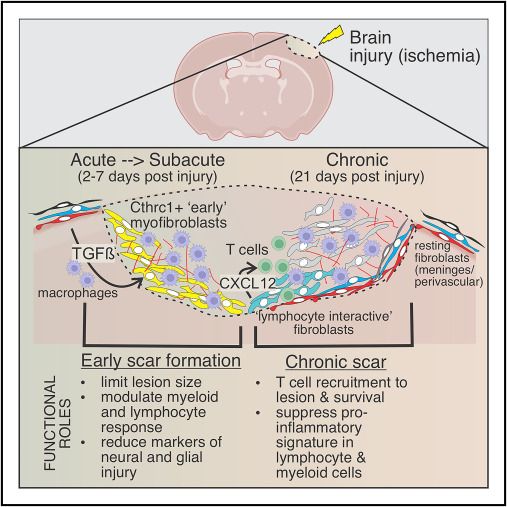
Fibroblasts are not so scar-y in brain injury
www.cell.com/immunity/ful...
on
www.nature.com/articles/s41... @nature.com


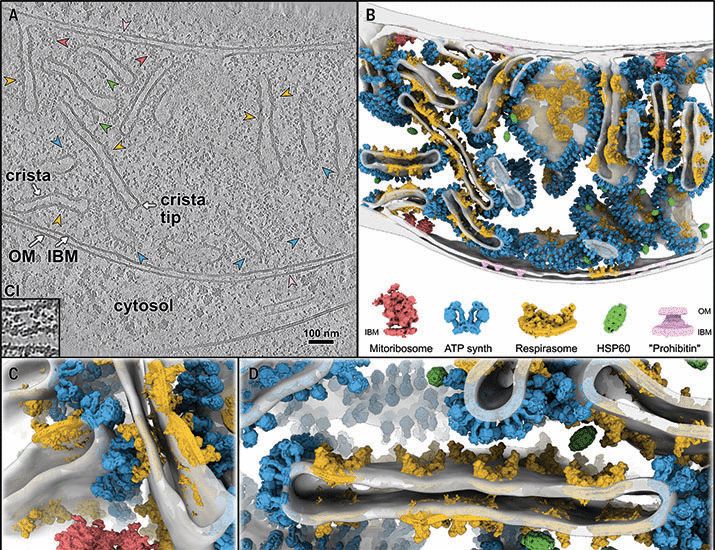

Thread below: (1/11)
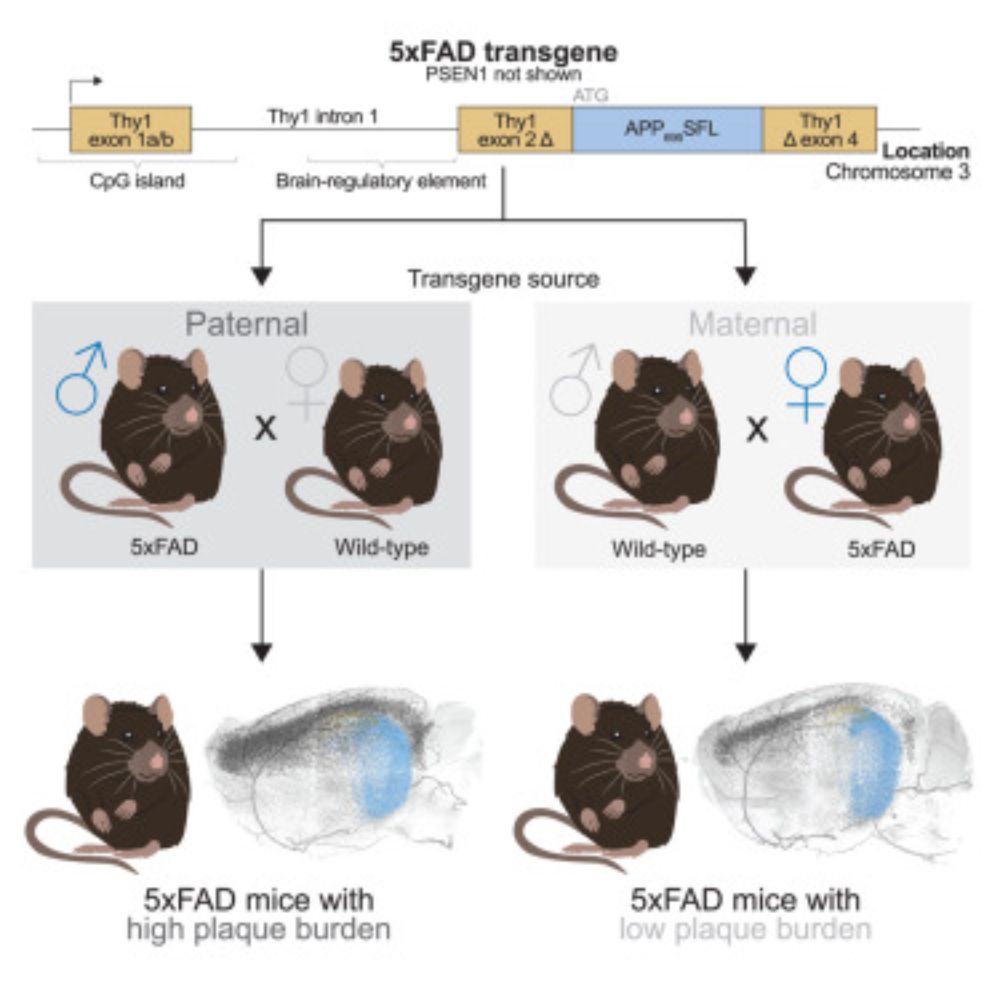
Thread below: (1/11)
doi.org/10.1093/brai...
@rikossenkoppele.bsky.social

doi.org/10.1093/brai...
@rikossenkoppele.bsky.social
www.biorxiv.org/content/10.1...
a characterization of APOE effects on the lipid droplet-ome (turns out you see a lot of "AD-related" proteins!)
first authors Cassi Friday & Isaiah Stephens + great collaborators Scott Gordon, @cohenlaboratory.bsky.social @morganti.bsky.social
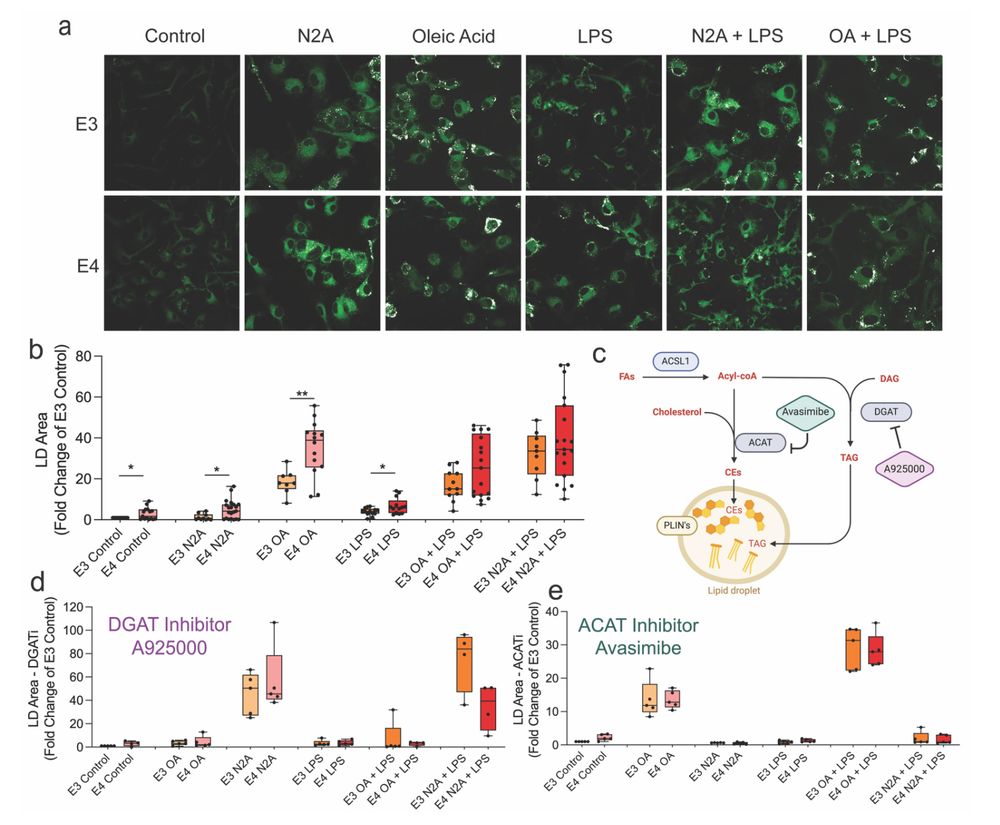
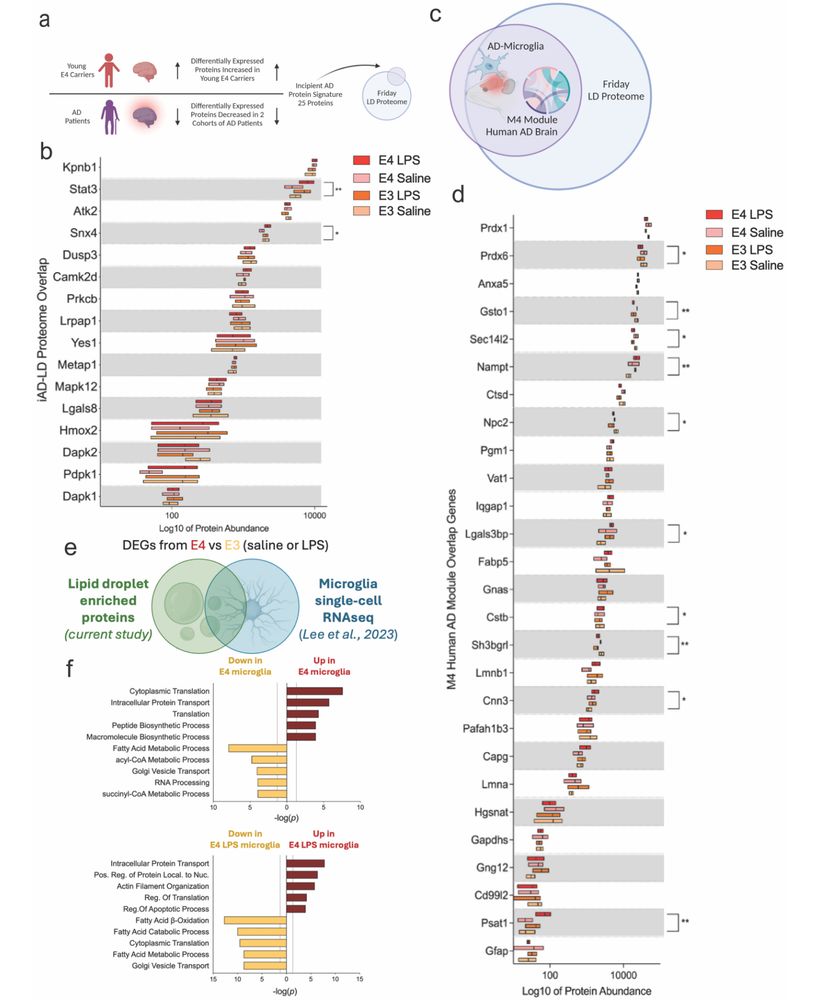
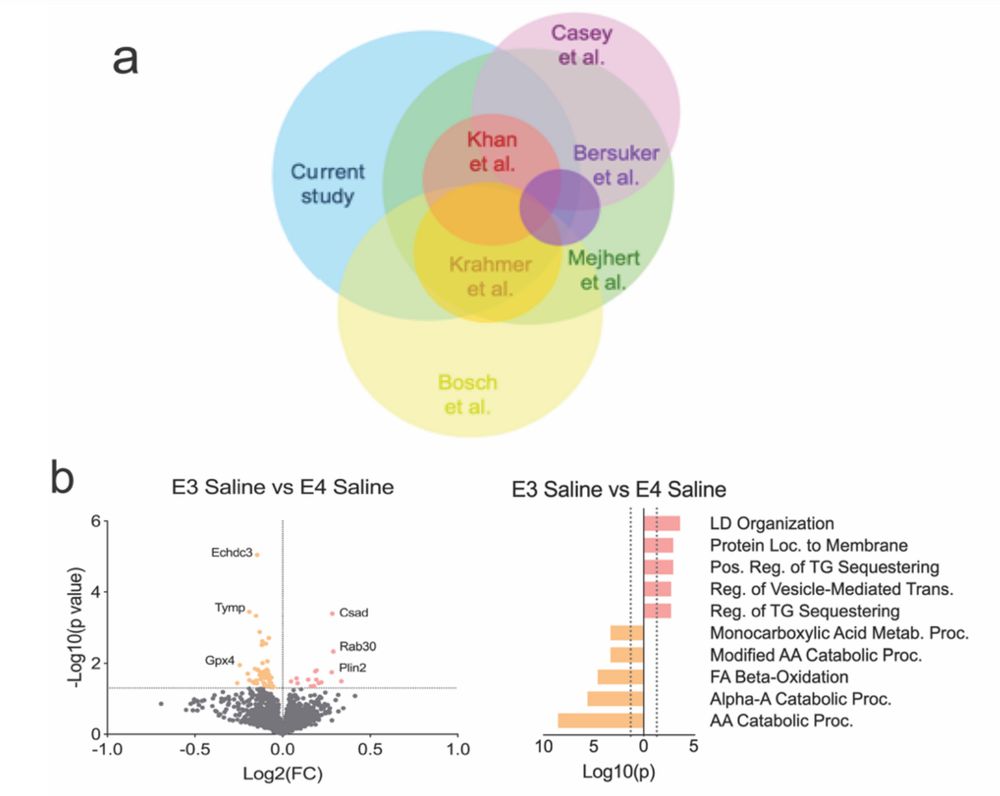
www.biorxiv.org/content/10.1...
a characterization of APOE effects on the lipid droplet-ome (turns out you see a lot of "AD-related" proteins!)
first authors Cassi Friday & Isaiah Stephens + great collaborators Scott Gordon, @cohenlaboratory.bsky.social @morganti.bsky.social
Cells with elevated TREM2 expression exhibit reduced responsiveness to agonist treatment.
doi.org/10.1101/2024...

Cells with elevated TREM2 expression exhibit reduced responsiveness to agonist treatment.
doi.org/10.1101/2024...
doi.org/10.1126/scie...

doi.org/10.1126/scie...
doi.org/10.1126/scie...

doi.org/10.1126/scie...

doi.org/10.1038/s415...

doi.org/10.1038/s415...
www.cell.com/cell-chemica...

www.cell.com/cell-chemica...
This is precisely why we need animal research!
Huge congratulations to the authors on this impressive work!

This is precisely why we need animal research!
Huge congratulations to the authors on this impressive work!
Who knew? BTK - it’s not just for #Bcells - check out this study for Brutin’s tyrosine kinase in #microglia and #multiplesclerosis
#neuroskyence #immunosky
Who knew? BTK - it’s not just for #Bcells - check out this study for Brutin’s tyrosine kinase in #microglia and #multiplesclerosis
#neuroskyence #immunosky



